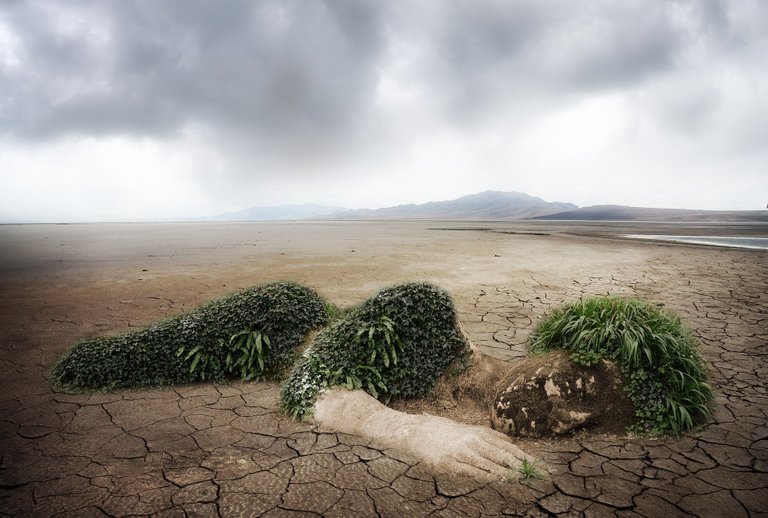Climate change is not a phenomenon that affects everyone equally. Its impact disproportionately burdens marginalized communities worldwide, exacerbating existing inequalities and injustices. As the world grapples with environmental challenges, it's crucial to recognize and address the unequal distribution of environmental risks and resources among vulnerable populations.

Marginalized communities, including Indigenous peoples, low-income neighborhoods, and minority groups, often bear the brunt of environmental degradation and climate-related disasters. These communities are more likely to reside in areas prone to environmental hazards, lack access to clean air and water, and face socio-economic barriers that limit their capacity to adapt to changing environmental conditions.
The effects of climate change manifest in various ways within these communities. Extreme weather events, such as hurricanes, floods, and wildfires, disproportionately impact areas inhabited by marginalized populations, resulting in devastating loss of life, homes, and livelihoods. Additionally, factors like inadequate infrastructure and limited access to healthcare amplify the vulnerability of these communities in times of crisis.
Initiatives for climate justice aim to address these disparities by centering on the voices and needs of marginalized groups. Community-led resilience efforts play a pivotal role in building adaptive capacity. Empowering these communities to develop sustainable solutions tailored to their specific circumstances fosters resilience against climate impacts. This might include measures like community-based disaster preparedness, renewable energy initiatives, and land management practices that respect traditional knowledge.
Furthermore, initiatives promoting social equity and environmental justice are essential. Advocacy for policies that prioritize the needs of marginalized communities, equitable distribution of resources, and access to environmental decision-making processes are fundamental steps toward achieving climate justice. This includes fostering partnerships between governments, NGOs, and local communities to ensure that policies are inclusive and address the unique challenges faced by these groups.
Sustainable solutions that consider social equity are key to mitigating the disproportionate impact of climate change on marginalized communities. These solutions encompass not only environmental considerations but also social and economic factors. Investing in green infrastructure, promoting clean energy access, and implementing policies that reduce environmental racism are critical steps toward achieving climate justice.
In conclusion, achieving climate justice requires a holistic approach that acknowledges the intersecting challenges faced by marginalized communities. By amplifying their voices, supporting community resilience initiatives, and advocating for policies that prioritize social equity, we can move towards a more just and sustainable future for all.